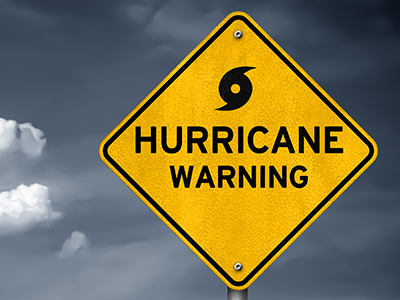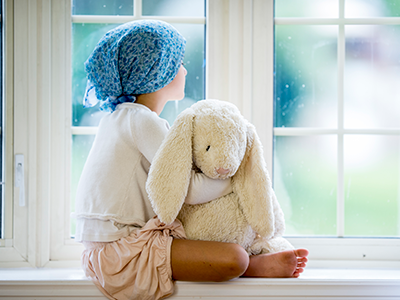Its normal for siblings to fight. They bicker over everything from what to watch on television to who gets to sit in the front seat of the car. But when sibling disagreements become abusive, that’s no longer normal behavior, it’s sibling bullying.
What is it bullying versus typical sibling rivalry?
Here are some ways to identify sibling bullying:
- If the incidents happen on a regular basis
- If the bullying/teasing is meant to hurt
- If it makes you as a parent uncomfortable or concerned, it is likely even worse for the target child
- If the parent notices any negative impact on the child (e.g., changes in mood or behavior, anger/aggression, isolation, decline in grades)
Why should I be concerned? Isn’t this just part of childhood?
It is the rule, rather than the exception, that kids tease their siblings and there is bound to be some conflict. However, regular bullying or teasing, by siblings or by peers, can be associated with serious emotional and mental health difficulties:
- Home should be a safe space where kids feel free to be themselves and to make mistakes. If they feel like they aren’t safe physically or emotionally, they are likely to experience a high level of stress which can cause a multitude of poor physical and emotional problems.
- Siblings know each other’s weaknesses. Therefore, they can cause a lot of hurt by picking on their siblings where they are most vulnerable.
- When kids are picked on in school, parents often step in, even if it is just to remind their child, “that’s not true – you are smart/beautiful, etc.” However, when this is coming from a sibling, parents are less likely to step in. Therefore, a child may think, “if the people who are supposed to love me most believe this, it must be true.” This can be very damaging to self-esteem.
What should parents do?
The good news is, when a child is being bullied at school, parents have no control over the bully. At home, parents have much more control. Here are some ways to help stop bullying at home:
- Have a rule in the house that does not allow teasing/bullying. Make this applicable for all family members and have established consequences that follow the behavior.
- Stop the behavior whenever you see it. Don’t let it slide.
- Check in with school counselors/teachers to make sure your child isn’t bullying others at school as well.
- If it reaches a point where you feel you cannot help the situation, consider talking to a professional.
 https://riseandshine.childrensnational.org/wp-content/uploads/2025/05/child-having-tantrum-feature.jpg
300
400
webteam
https://riseandshine.childrensnational.org/wp-content/uploads/2017/11/childrens_riseandshine_logo.jpg
webteam2025-05-07 15:54:412025-05-07 16:19:29Helping autistic children manage big feelings
https://riseandshine.childrensnational.org/wp-content/uploads/2025/05/child-having-tantrum-feature.jpg
300
400
webteam
https://riseandshine.childrensnational.org/wp-content/uploads/2017/11/childrens_riseandshine_logo.jpg
webteam2025-05-07 15:54:412025-05-07 16:19:29Helping autistic children manage big feelings





















Leave a Comment
Want to join the discussion?Feel free to contribute!